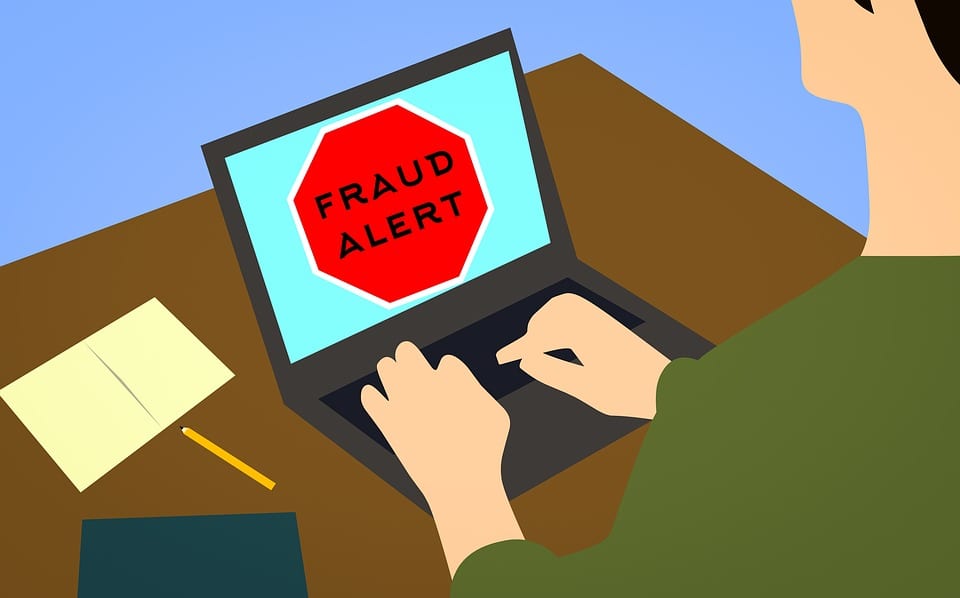Last year, 1.4 million cases of identity theft and 2.2 million cases of fraud were reported in the United States.
Whenever a big company sustains a data breach, you can usually find it reported all over the news. One major example is the Capital One data breach in 2019, when 100 million credit card applications were accessed by hackers. Two years prior, the credit bureau, Equifax, suffered a breach that exposed about 147 million financial records. Oftentimes the media will cover the breach, but we never tend to hear about the aftermath for the people affected. When breaches happen, sensitive personal information can be accessed, identities stolen, and fraudulent charges made.
It’s important to learn about the true toll that cyber crimes like identity theft and credit card fraud can have regarding the financial and mental health of those affected. Keep reading for some quick statistics and findings about fraud and identity theft.
Financial Effects of Fraud and Identity Theft
Last year, 1.4 million cases of identity theft and 2.2 million cases of fraud were reported in the United States. Of these fraud cases, 34% reported that money was stolen. In total, Americans suffered 3.3 billion in total fraud losses, with the median amount lost around $311. Money lost to fraud is money that could have been supporting the day to day lives of hard-working individuals.
Additionally, fraud can hurt everyone, no matter your age. A report found that young people aged 20-29 lost money to fraud more frequently than people aged 40-49. However, the same report also discovered that when older individuals (aged 70+) lost money to fraud, the amount lost tended to be much higher.
Mental Health Effects of Fraud and Identity Theft
Fraud and identity theft don’t just hurt your finances, but they can negatively affect your mental health too. Victims of online scams are often traumatized and experience feelings of powerlessness and fear moving forward. It was also found that 40% of victims are left stressed by the ordeal.
While the experience of identity theft or fraud is understandably traumatizing, it leaves certain populations especially vulnerable when it comes to mental health. Seniors, in particular, are susceptible to mental health problems in the aftermath. Specifically, it can bring on consequences such as depression, anxiety, disrupted sleep, elevated suicide risk, rumination, and nightmares.
Cybersecurity Tips to Prevent It Happening to You
With crimes like credit card fraud on the rise, it’s important to learn ways that you can prevent the negative financial and mental consequences from happening to you and your loved ones. Below are three cybersecurity tips that can help you defend your identity and information.
- Upgrade Your Technology
Routine upgrades to software are a cybersecurity best practice and will protect you by reducing the vulnerabilities in your technology that scammers can exploit. If you’re interested in investing in other tech to boost your cybersecurity, check out the following options below:
- Physical security keys are USB keys that are required in addition to a password in order to access your device. If a hacker tries to breach your device, this added security will prevent them from accessing your information.
- WiFi 6 routers are the new standard for home internet because they improve browsing speed, reduce network congestion, and allow for better internet encryption that will keep you secure online.
- Be Skeptical Online
When it comes to the internet, a healthy dose of skepticism is encouraged. Beware of viruses and malware online when downloading email attachments or files off the internet. Additionally, use caution when interacting with strangers who want to know more information about your life on social media. They may be scammers indirectly seeking information they can use to access your information.
- Never Share Pay Information or Logins
If a stranger asks for your credit card number or password online, do not give it to them. It’s best practice to never share this information over email, social media, or any other electronic form of communication that can be easily accessed and stolen. If you are trying to make an electronic payment online, like paying off your credit card, verify that you are on the right website and that you trust the security of your institution.
For a helpful visual about the true cost of identity theft and fraud, check out the infographic from Mint below. It details more fraud and identity theft statistics, a map of the most dangerous states for each crime, and additional cyber security best practices and upgrades to help protect yourself.



Join the conversation!